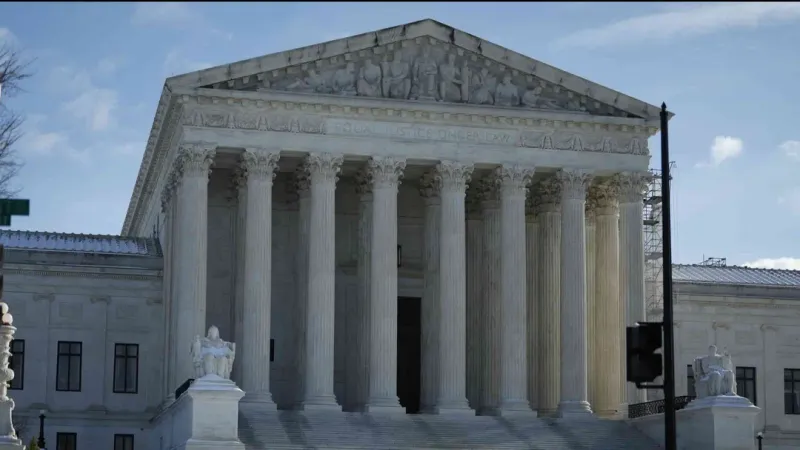Judge Delays Theranos Founder’s Sentencing
On Monday, US District Judge Edward Davila agreed to postpone former Theranos founder Elizabeth Holmes’ sentencing and hold a “limited” evidentiary hearing on Oct. 17.

Facts
- On Monday, US District Judge Edward Davila agreed to postpone former Theranos founder Elizabeth Holmes’ sentencing and hold a “limited” evidentiary hearing on Oct. 17 to address the defense’s concerns about testimony given by the blood testing startup’s former lab director Adam Rosendorff during Holmes’ fraud trial.
- Holmes was accused of deceiving investors and was found guilty in January on three counts of wire fraud and one count of conspiracy to commit fraud. She faces 20 years in prison and a $250k fine if not granted a new trial.
- Holmes’ defense requested a new trial in September after Rosendorff reportedly expressed regret over his testimony to Holmes’ partner Billy Evans in August. In an email to Holmes’ lawyers, Evans claimed that Rosendorff said: “the government made things sound worse than they were.”
- On Sept. 21, however, prosecutors filed a sworn declaration by Rosendorff, in which he wrote that he stands by his testimony.
- While explaining his decision to grant the hearing, Davila said, “The allegation is the possibility that the government may have engaged in misconduct. The court takes that seriously.”
- The defense and the government’s lawyers will now need to decide on a new sentencing date, which could be between November and January.
Sources: CNN, FOX News, NBC, and Washington Examiner.
Narratives
- Narrative A, as provided by Business Insider. In light of Rosendorff’s seemingly inconsistent position, Judge Davila has made the right decision. These accusations of prosecutorial misconduct are unprecedented, and the court must exercise due diligence by ensuring that Holmes received a fair trial.
- Narrative B, as provided by Daily Mail. Holmes’ conviction was a major victory by prosecutors to finally hold entrepreneurs who over-hype their products to soak up wealth and fame accountable. This move to try and discredit a witness is typical in white-collar cases, but they rarely work. This hearing will only postpone Holmes’ inevitable lengthy prison sentence.






